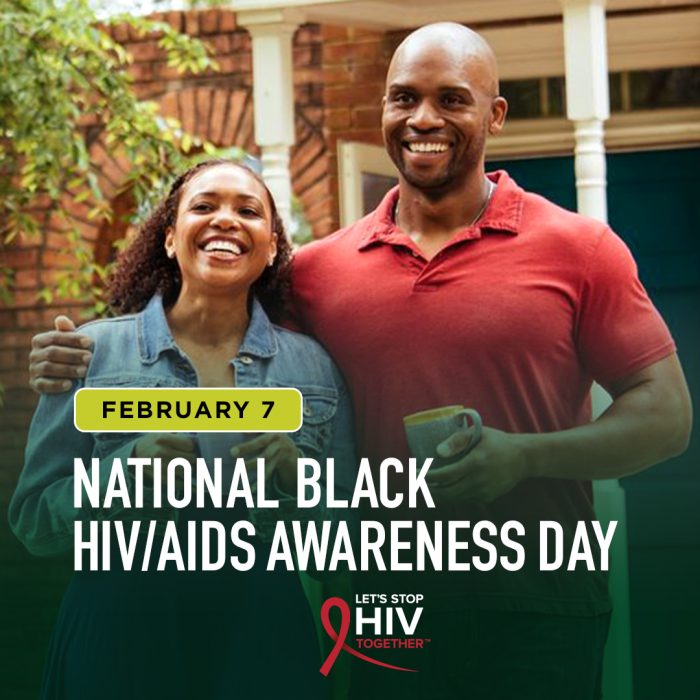February 7, 2022 – Today, CHIPTS observes National Black HIV/AIDS Awareness Day (NBHAAD), a day dedicated to recognizing the impact of HIV and working to increase HIV education, testing, and treatment in Black communities.
In 2019, Black/African American individuals represented 13% of the population but 40% of people with HIV in the US. Black communities are also disproportionately impacted by new HIV infections, with 41% of all new infections in the US in 2019 occurring among this population. In honor of NBHAAD, CHIPTS is excited to highlight three innovative and impactful research projects focused on preventing HIV and improving health outcomes among individuals with HIV in Black communities. These projects were recently presented at the 2022 CHIPTS HIV Next Generation Conference:
“I Want to See What That’s About”: Black Women’s Insights on Accessing PrEP via a Telehealth App
Drew Mack, BS, Medical Student, Charles R. Drew University of Medicine and Science
Presentation Summary: Black women are disproportionately affected by HIV – our demographic makes up 60% of new infections in American women. With the advent of preventative methods like PrEP, and heightened accessibility to these medications through telemedicine, why aren’t these statistics changing? Through cohort analysis, we analyzed Black women’s perceptions of accessing PrEP via telehealth.
Watch recording: https://youtu.be/ntneb3UUrJs?t=661
HIV Stigma is Associated with Patient-Reported Outcomes and Quality of Life Among Black Sexual Minority Men Living With HIV
Chenglin Hong, MSW, MPH, PhD Candidate, Department of Social Welfare, UCLA Luskin School of Public Affairs
Presentation Summary: I analyzed the baseline data from a randomized control trial of a community-developed, web-based mobile app intervention (the LINX study) that aimed to address the social work and legal needs of Black sexual minority men living with HIV (BSMM+). Results revealed that BSMM+ experience high levels of HIV stigma, and higher levels of HIV stigma were associated with higher mental health distress and lower levels of life satisfaction and quality of life. Reducing HIV stigma and improving good health-related quality of life is imperative to achieve the 4th 90 target among BSMM living with HIV.
Watch recording: https://youtu.be/c_4z-wt1J8g?t=465
Impact of Resilience, Social Support, and Healthcare Empowerment on HIV Care Engagement and Viral Suppression among Young Black Sexual Minority Men with HIV in the US South: Overcoming Social and Structural Barriers
Erik Storholm, PhD, Assistant Professor, School of Public Health, San Diego State University
Wilson Vincent, PhD, Assistant Professor, Department of Psychology, Temple University
Presentation Summary: Informed by Minority Stress Theory and Syndemic Theory, this exploratory analysis of data from a community cohort of 224 Young Black Sexual Minority Men with HIV (YBSMM+) in the US South sought to shed light on the impact of socioeconomic distress, intimate partner violence, depressive symptoms, HIV-related social support, resilience, and healthcare empowerment on HIV care continuum engagement. Findings suggest that interventions that focus on improving HIV care continuum engagement are likely to have success if they focus on increasing levels of healthcare empowerment, sources of resilience, and HIV-related social support.
Watch recording: https://youtu.be/NOJdR_ioWIA?t=1528
Find more information about the impact of HIV in Black communities on the CDC website. NBHAAD also offers an opportunity to review and recommit to the goals of the National HIV/AIDS Strategy (2022–2025) to reduce HIV-related disparities and health inequities, especially within Black communities.

